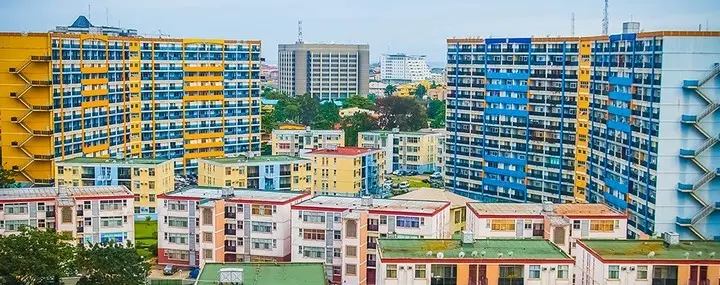It needs no further emphasis that the Nigerian economy is in a state of disarray. With all the macroeconomic indices in the reds, businesses across all sectors find it difficult to meet with the cost of business operations. Small and medium scale businesses are closing shops due to the escalating cost of running businesses in Nigeria.
In any economy, the real estate sector plays a very important role, providing housing needs for the super-rich, the rich, low-income earners, and the poor. The real estate sub-sector where all the buying, selling, renting and leasing of properties take place is the rental property market, and this market is usually operated by professionals in the real estate sector of the economy.
With the current economic situation in Nigeria, this sub-sector of the real estate business has suffered setbacks, resulting in very low patronage, increasing accommodation vacancies that the consumers cannot pay for due to the high cost, and of course the escalating rate at which tenants now owe property managers.
The migration out of big cities to the suburbs is occasioned by the escalating rate of renting houses in the cities and not the unavailability of houses in the cities as erroneously argued in some quarters.
At present, the Nigerian property market is not healthy and bullish due to the aforementioned factors. The high rate of inflation and the pervading insecurity situation in Nigeria is grossly eroding both the domestic and international investors’ confidence in the Nigerian housing sectors. This has in no small measures affected housing provision, development and affordability in Nigeria, even in the rural areas.
In Nigeria today, the rental property market for both residential and commercial property in big cities is on the decline due to the current economic situation. The sale and rental percentage of most property agents in Lagos, Abuja, Port-Harcourt, Kano, Benin-City, and Kaduna are on the decline. Except for properties in very strategic locations, the duration of selling and renting most properties has equally increased.
For the Nigerian property market to get it right, the government has a pivotal role to play. No business concern operates at a marginal profit in a struggling economy as we have in Nigeria today. The rate at which the dollar is currently dwarfing the naira at both the official and parallel market does not speak well for a country that wants to address its housing problems.
If the current economic situation persists, commercial and individual demand for rental properties will continue to decline, the supply will definitely be there but most of the properties will be priced beyond reach.
Stabilising the macroeconomic environment, tackling the pervading insecurity situation, and market friendly price regulation by the relevant government agencies are viable and proffered solutions in addressing the increasing cost of living as it concerns rental property market in Nigeria.
Nonyelum Nweke Obed sent this piece from Benin-City, Edo State































